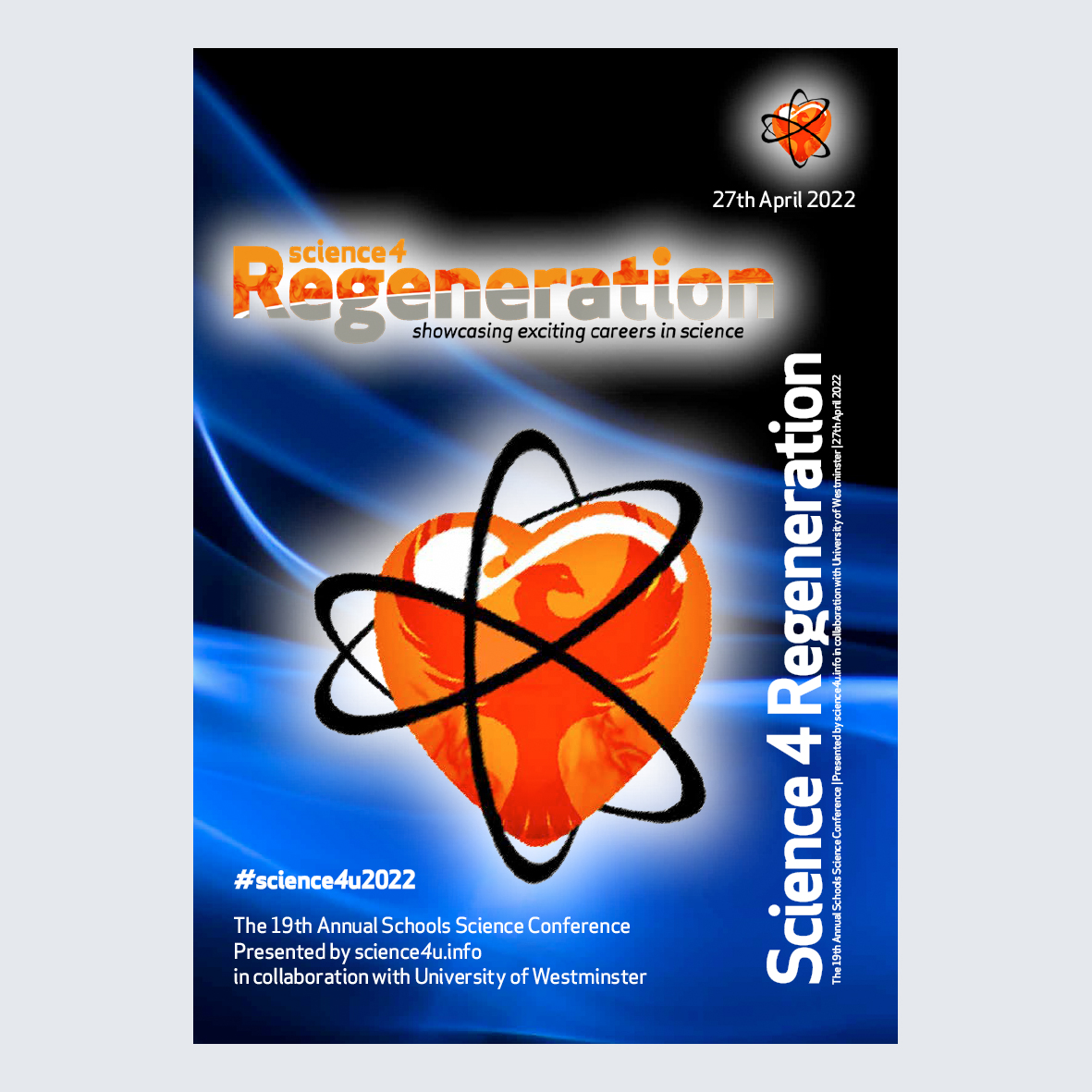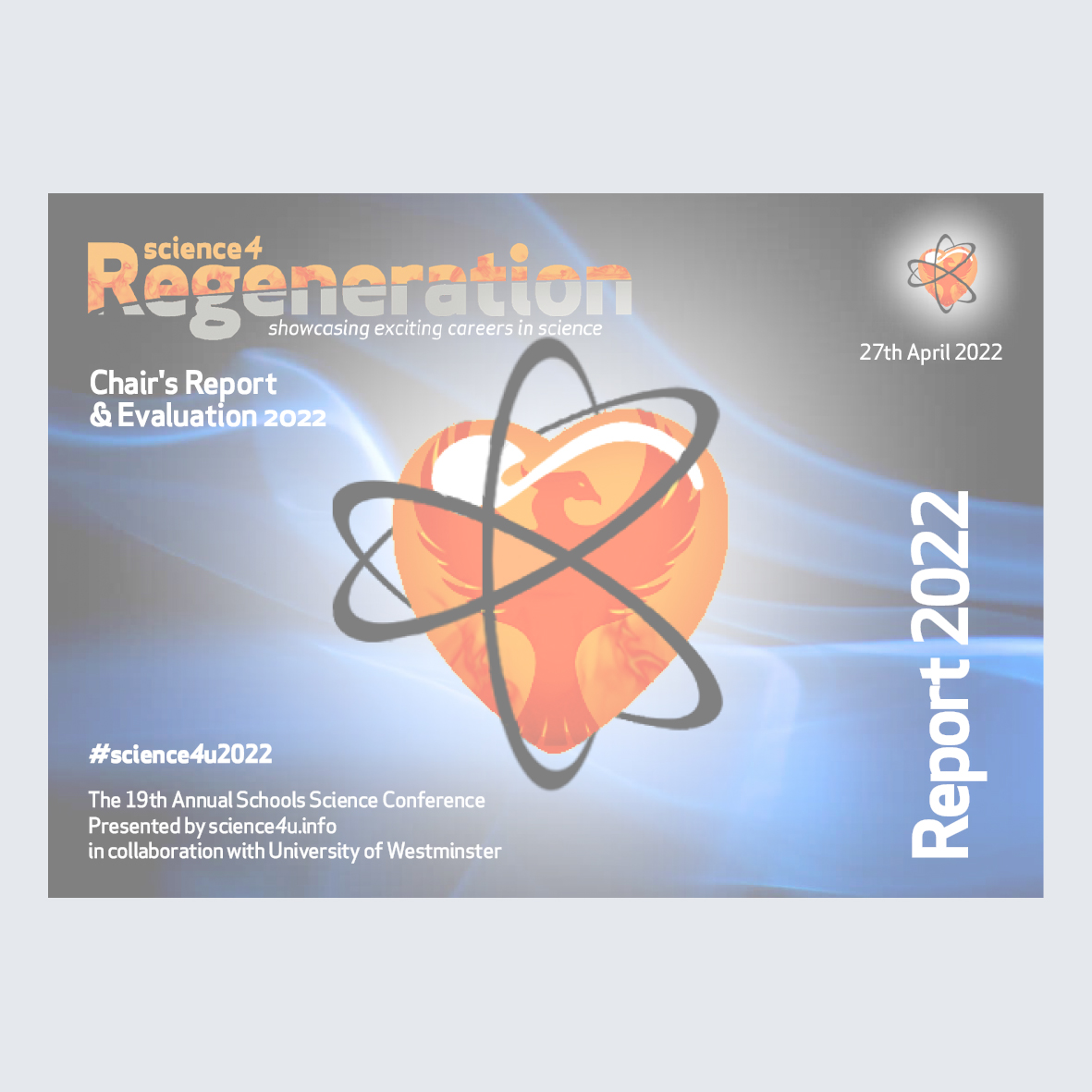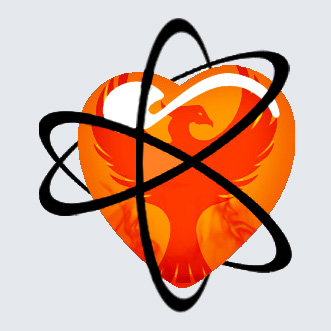Science for Regeneration
The 19th Annual Schools Science Conference was held on 27th April 2022 at University of Westminster
Or scroll down to find out more

Welcome to
Science for Regeneration
The theme of the 19th Schools Science Conference is Science for Regeneration
Following the unprecedented pandemic-related challenges of COVID-19, Healthcare Scientists have had to dig deep and be creative.
Now is when regeneration is taking place.
Regeneration in Healthcare Science means much more than recovery of service. For example…
- Regeneration refers to renewing of tissue; this applies as part of a skin graft, organ transplant, regrowth of tissue outside of the body and regeneration of cells post radiotherapy or chemotherapy.
- It applies to Biomedical Engineering – regeneration of machines thought defunct were refurbished and brought back to service during the pandemic.
- It applies to regeneration of eyesight via gene therapy and neuro-regeneration following injures to the nervous system.
- It applies to enabling regeneration of the environment by reversing climate change.
Science underpins the whole of healthcare and society, and without expert, dedicated scientists regenerative medicine and regenerative technologies would never take place.
- Healthcare scientists are a diverse and specialised community within the NHS, using their knowledge and expertise to develop, design, and deliver patient care.
- They carry out over 1 billion diagnostic and scientific investigations and interventions every year. During the pandemic we have had to regenerate old equipment that was gathering dust in various store rooms and even in museums to use to look after patients with COVID-19.
- We have had to re-purpose some drugs to help those with most severe symptoms.
- The NHS spent an awful lot of money also buying new equipment to carry out COVID-19 testing and now some of that equipment is being regenerated for other diagnostic work across the NHS.
- There are over 56,000 people that make up the healthcare science workforce in England.
- Healthcare scientists work in over 150 service areas across pathology and laboratory science, physiological sciences, data science, bioinformatics, medical physics and clinical engineering.
- The healthcare science workforce who deliver these services are a unique and specialised workforce.
- Healthcare scientists are fundamental to clinical decision making and ensuring patients receive timely, high quality, cutting-edge care.
- If you’ve received a diagnosis in the past few years, there’s a very good chance that a Healthcare Scientist contributed to it in some way.
- That’s because approximately 80% of all diagnoses in the UK are reached with a contribution from Healthcare Scientists and many therapeutic and rehabilitation interventions also rely on our work.
Overview in video
A glimpse of the fun, enjoyment and rich array of activities at Science for Regeneration

Science for Experimentation
Witness riveting presentations and we unveil which school clinched the coveted trophy

Photographs
Explore captivating snapshots captured during this year’s Conference

Quiz
Challenge yourself and put your newfound science and healthcare knowledge to the test

Programme
Discover more about the sessions and view a digital version of the programme

Evaluation
Delve into the reception and gauge the resounding acclaim achieved by the Conference

Acknowledgements
A heartfelt thank you to all the contributors who have brought this event to life

Organising Group
Meet the visionary minds steering Science for Regeneration: the Committee members
Overview in pictures
A glimpse of the fun, enjoyment and rich array of activities at Science for Regeneration
















